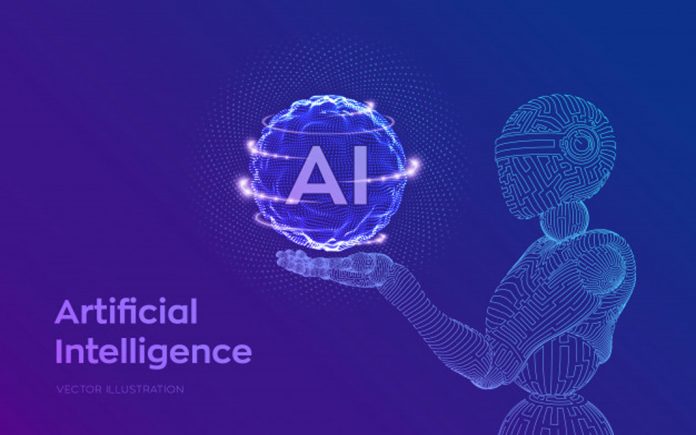AI Development, Classifications and useful examples
Artificial Intelligence Ever since the invention of computers, the world has technologically advanced by far due to the rise of information technology. It’s hard to even imagine a world without machines just as a matter of fact that machines lessen the manpower downright.
Amongst all inventions, Artificial Intelligence could be regarded the most complex yet bewildering inventions of human. Unlike any other technology Artificial Intelligence was not just developed to perform a task but to mimic and replicate the activities performed by human beings.
The machines are programmed in such a way that they can perform tasks without the intervention of human beings and takes decisions on their own.
What is Artificial intelligence?
Artificial Intelligence is a vast branch of computer science that enables machines to
think and perform activities like human beings. It enhances the speed, precision and overall effectiveness of human beings. In other words, AI is the science of making machines smart by using algorithms and hence allowing them to solve problems that could be solved only by humans.
John Mcarthy, known as the father of Artificial Intelligence was the first to offer the idea and coin the term – Artificial Intelligence in 1955 at the Dartmouth conference. Fast forward to today, the advancements and improvements in the field of artificial intelligence is prodigious.
Classification of Artificial Intelligence
Artificial intelligence can be broadly classified based on ability and based on functionality.
AI Types of AI-based on capability:
Artificial Narrow Intelligence (ANI) : Also known as the “Weak AI”, it is the Artificial intelligence used in today’s world. Narrow AI is the Artificial Intelligence that is programmed to perform a single task or a limited number of tasks extremely well
and this system does not perform outside the task that it is programmed to perform.
Some excellent examples of Artificial narrow
intelligence are – Virtual assistants such as Alexa by Amazon, Siri by Apple and Google Assistant by Google. Various facial/image recognition software, accurate web crawling by Google Search, drone robots, disease mapping and detection tools are all other examples of Artificial Narrow Intelligence.
Artificial General Intelligence (AGI) :
An Artificial General Intelligence can be defined as an AI that can perform any task that a human generally performs. Also known as “Strong AI” and “Deep AI”, AGI has not come into the real world existence yet.
The progression of Artificial General Intelligence is still ongoing and is not expected to happen anytime sooner. Nonetheless, the advent of AGI could prove to make profound changes and solutions for various problems encountered in different industries.
Artificial Super Intelligence (ASI)
Artificial Super Intelligence is a speculative AI and is non-existential. As the name suggests, superintelligence is not restricted to just mimic human capabilities but go a step further and surpass the abilities of human beings.
AI Types based on functionalities
- Reactive Memory –
These are basic AI systems that evoke an action only to the current scenario. IBM’s Deep Blue System, Google’s AlphaGo are notable examples.
- Limited Memory –
These systems are capable of storing past experiences and learning from them to react to particular scenarios. Most of the AI based system used today falls under this category. Most of the deep learning techniques trained by large volumes of data is an example of limited memory AI.
Theory of Mind –
This AI is believed to understand and function according to human needs, beliefs, emotions and thought processes. Cognitive AI is yet to be implemented and is expected to come under existence in the near future.
Self Awareness –
Just like Theory of Mind, the self-awareness AI is also hypothetic and still under research and development. This system is the ultimate goal of AI researchers as it is expected to be superlative to humans having its own self-consciousness, sentiments and self-awareness.
Just to remember what Stephen Hawking once said, “The development of full artificial
intelligence could spell the end of the human race”, it is true that over advancement in the technological field could pose threat to the human race.
But AI, the most astounding creation of humans is yet to be fully explored which disregards the fact that AI might take over the world and surpass human beings in the near future.













